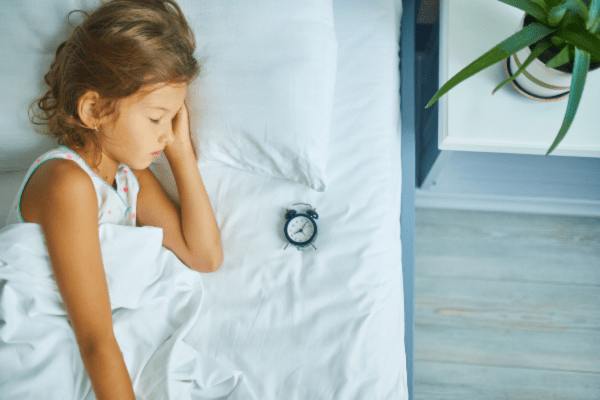RECENT STUDY SHOWS A 530 PERCENT INCREASE IN MELATONIN OVERDOSE IN CHILDREN (What Parents Should Know About Keeping Children Safe)

Melatonin is a natural hormone released in the brain to help us regulate our sleep.
Melatonin is sold as a dietary supplement over the counter in the United States. The stress of the COVID-19 pandemic on children and families has contributed to the increased use of melatonin to treat difficulty sleeping. Melatonin products are available in all forms – liquid, solid capsules or tablets, chewable tablets, and gummies.
All of these factors have made melatonin more accessible in the home, and led to an increase in melatonin overdose cases in children. According to a recent study, poison centers saw a 530 percent increase in cases of melatonin overdose in children from 2012 to the end of 2021.1
Melatonin is generally considered safe to use in children. The majority of melatonin overdoses in children result in no symptoms and can be safely managed at home. The most common symptoms that are reported in children include sleepiness, nausea, vomiting, stomach pain, and diarrhea.
If a child takes more melatonin than recommended by their doctor, contact your regional poison center to speak with an expert in poisoning. While melatonin is considered a natural substance, most dietary supplements are made synthetically. Dietary supplements are not strictly regulated by the FDA and may contain other ingredients that aren’t on the label (contaminants). These contaminants can cause unexpected symptoms, adverse reactions or interact with other medications.
To help prevent accidental melatonin overdose in children you can take the following actions:
- Only use melatonin under the direction of your child’s doctor.
- Use safe storage practices.
- Select a product with child resistant packaging
- Keep up, away, and out of sight from children
- Store in a locked area
- Double check the product to make sure you are giving the correct dose.
If you suspect your child has taken too much melatonin, contact your regional poison center by calling Poison Help at 1-800-222-1222 or visit www.PoisonHelp.org to use the online tool.
- Lelak K, Vohra V, Neuman MI, Toce MS, Sethuraman U. Pediatric Melatonin Ingestions — United States, 2012–2021. MMWR Morb Mortal Wkly Rep 2022;71:725–729. DOI: http://dx.doi.org/10.15585/mmwr.mm7122a1external icon.